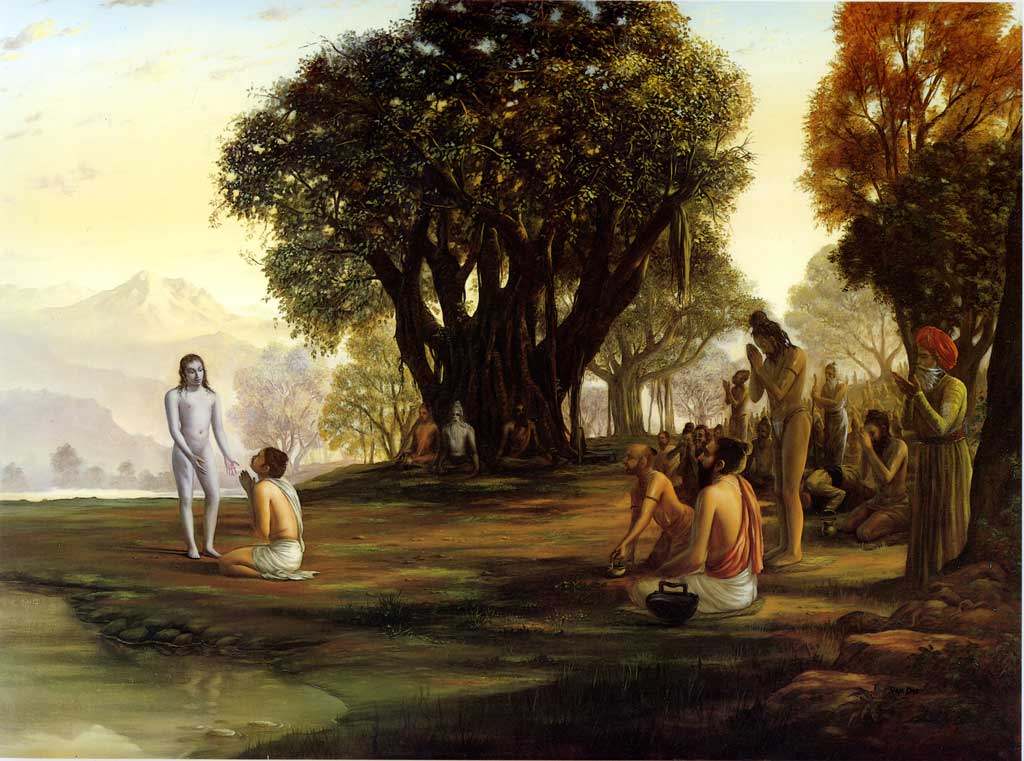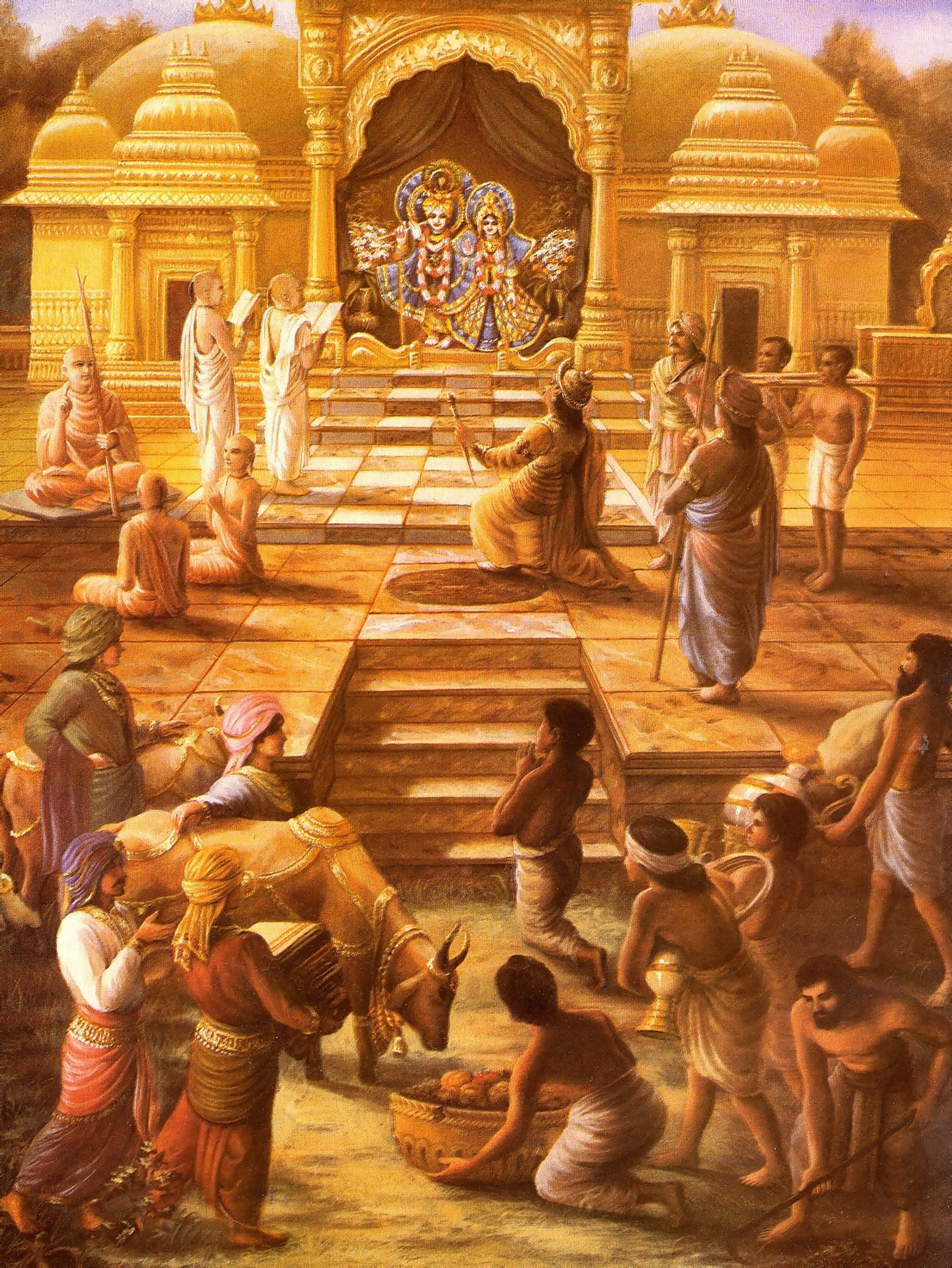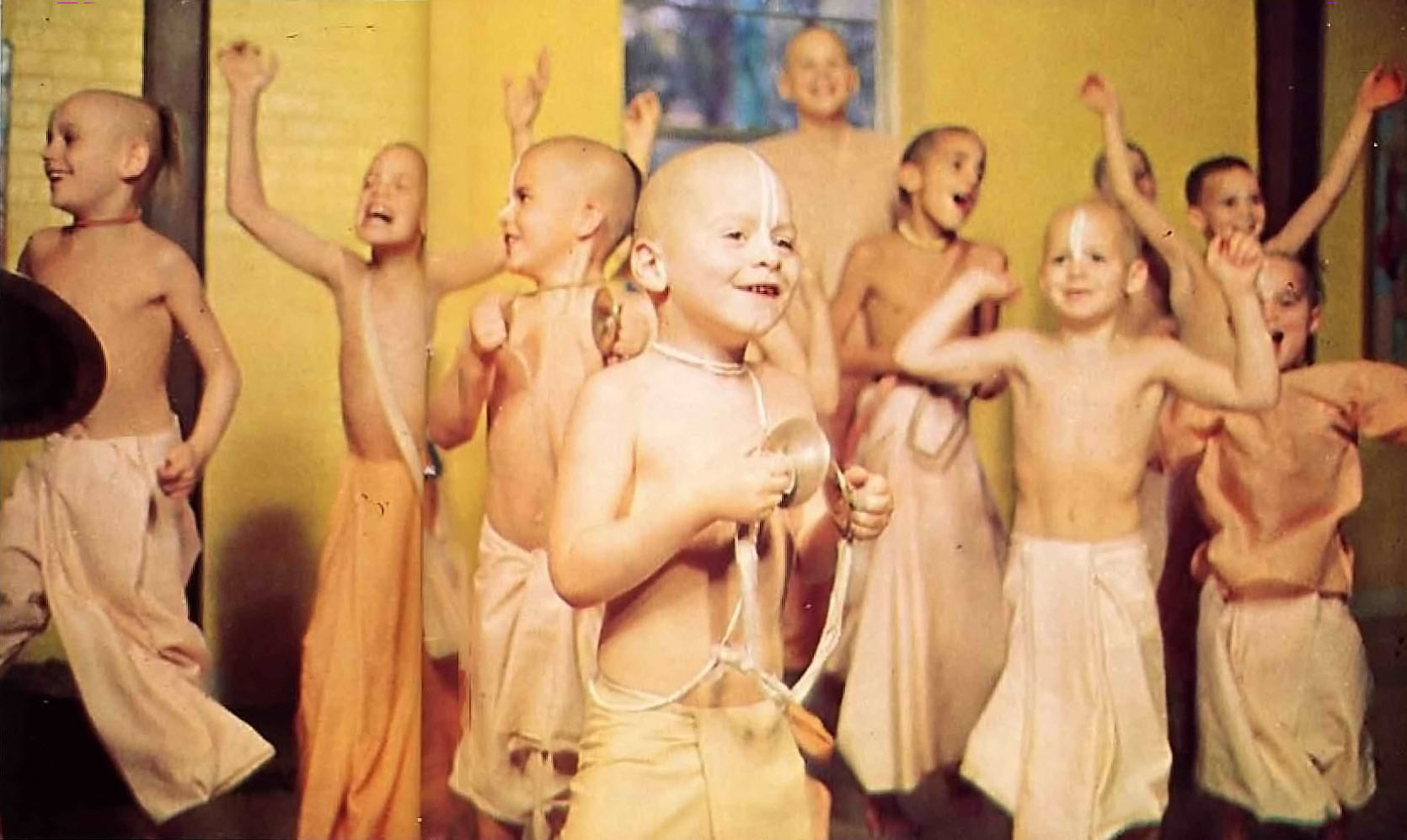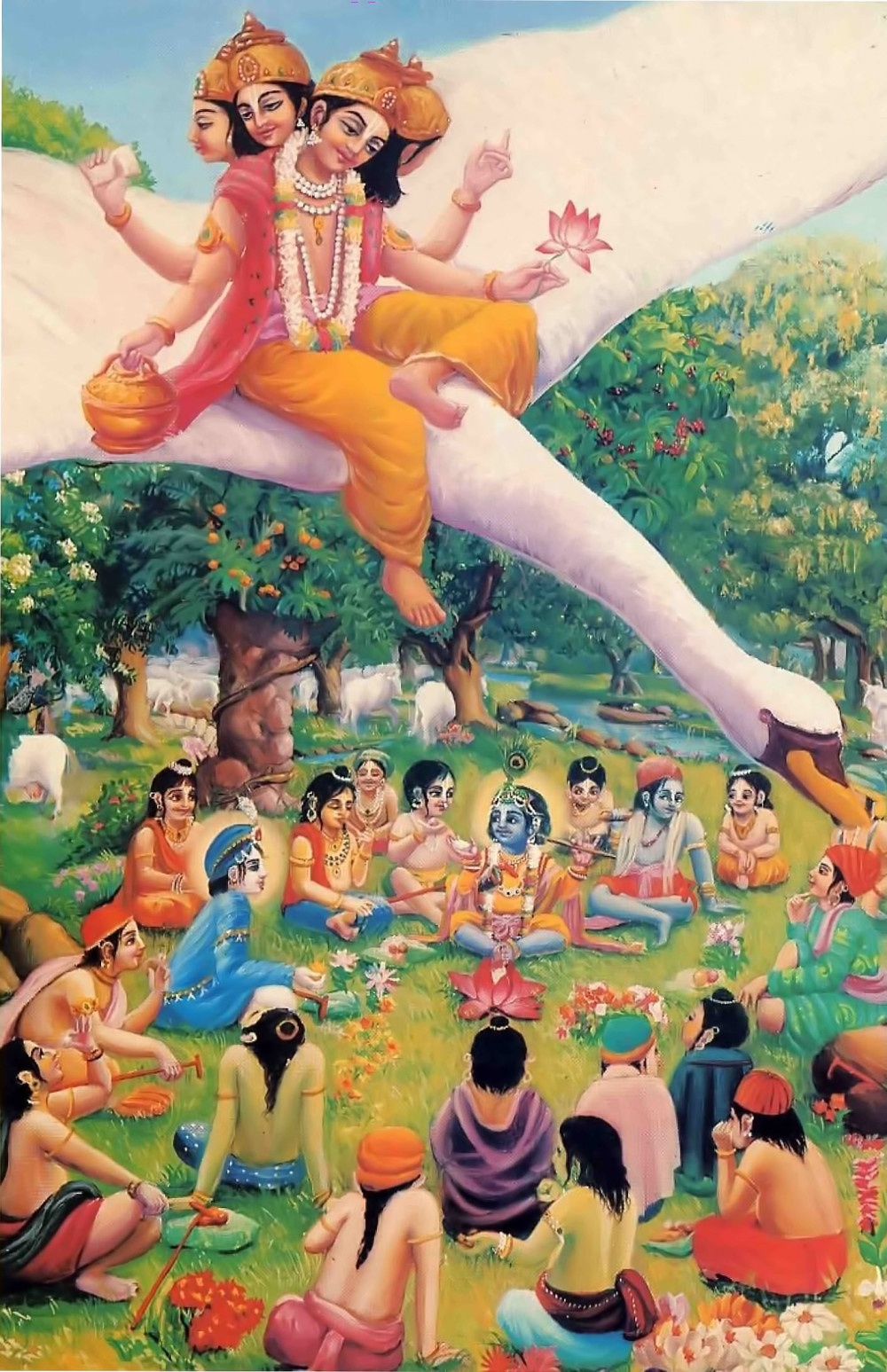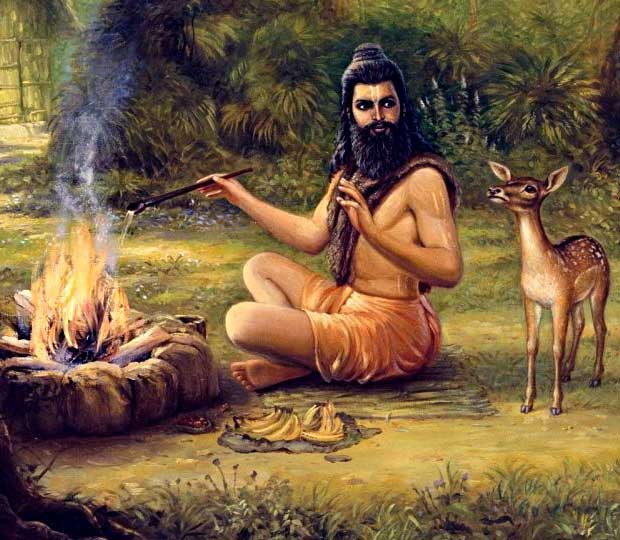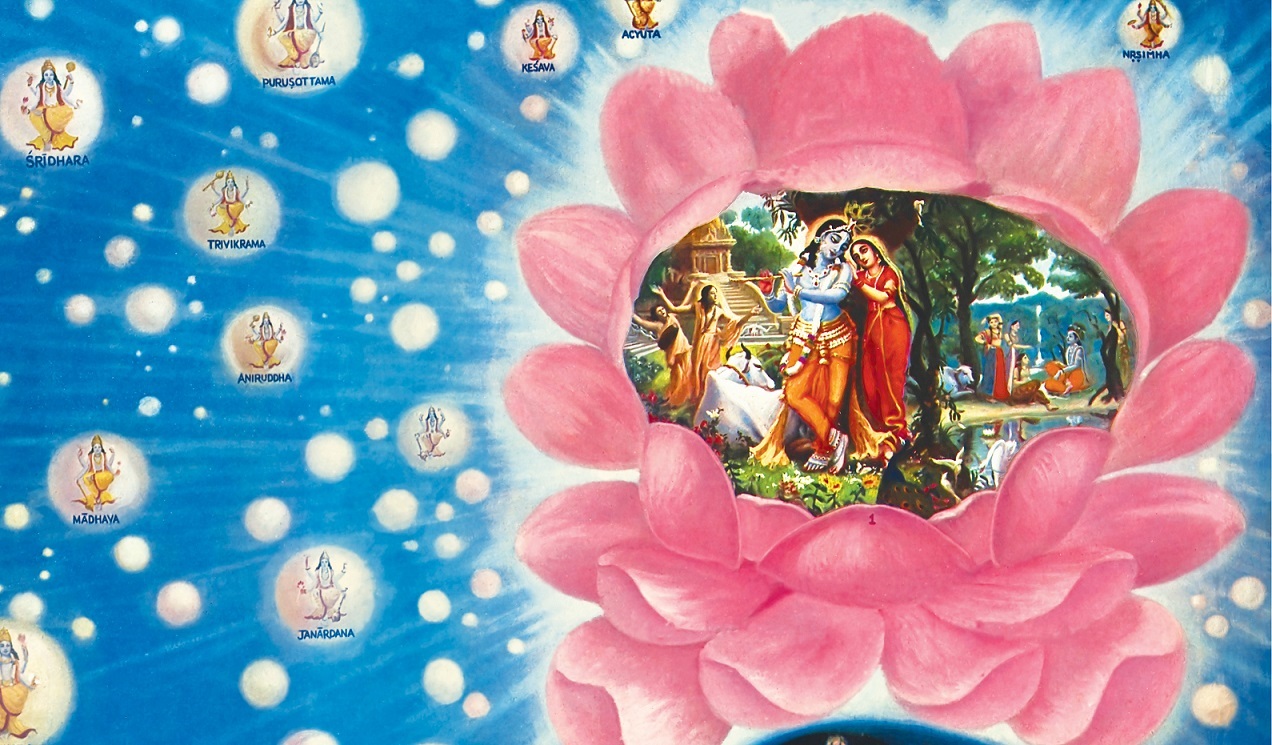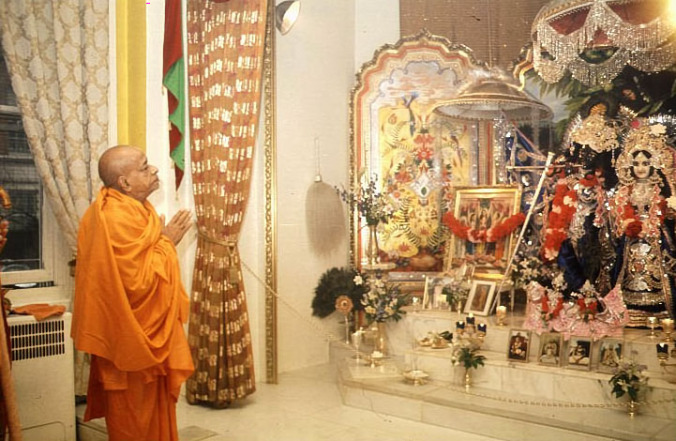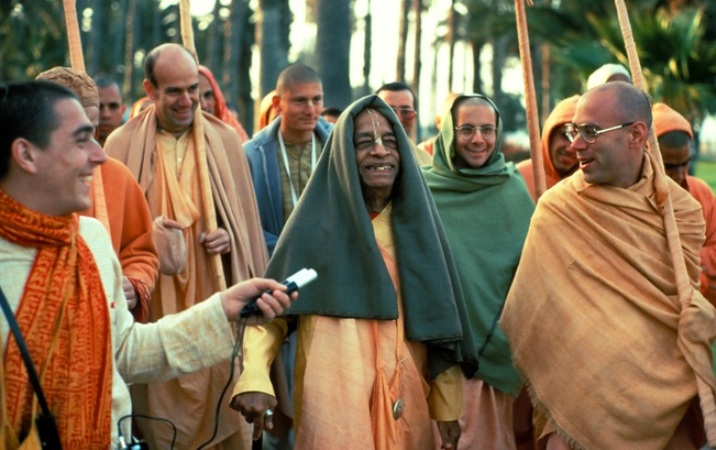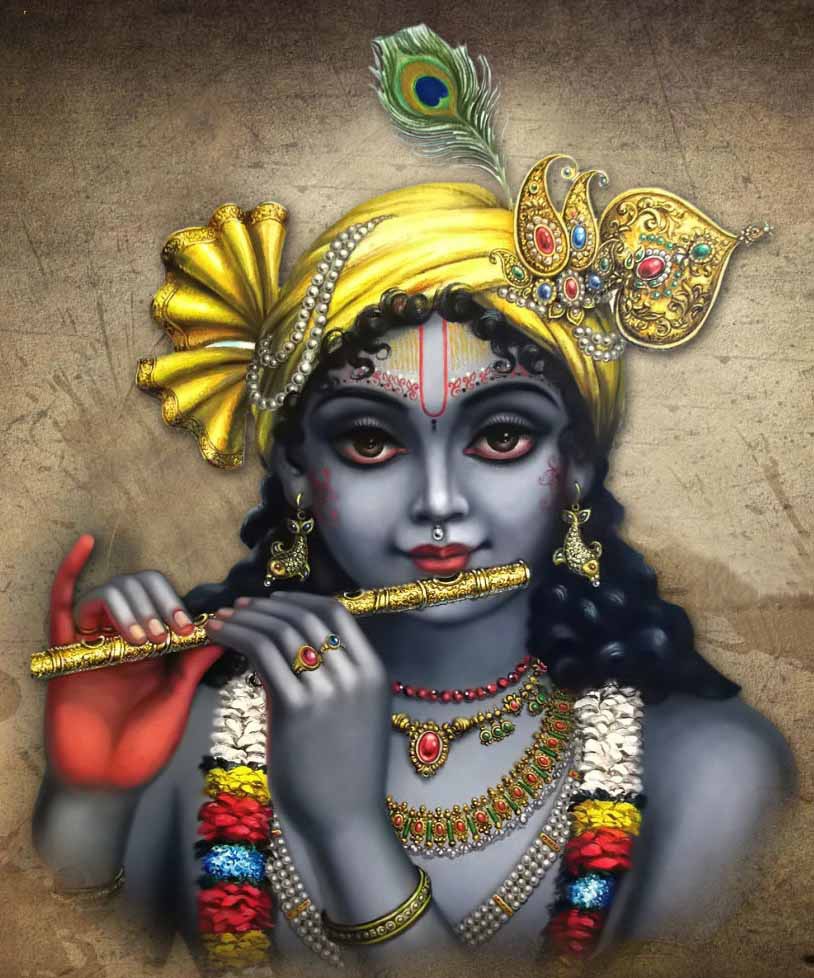The Perfect Society: Four Spiritual Classes
This chapter particularly describes the brahmacārī and the person in the vānaprastha stage, and it also gives a general description of the four āśramas — brahmacarya, gṛhastha, vānaprastha and sannyāsa. In the previous chapter, the great saint Nārada Muni has described the varṇa institution of society, and now, in this chapter, he will describe the stages of spiritual advancement in the four āśramas, whichContinue Reading
